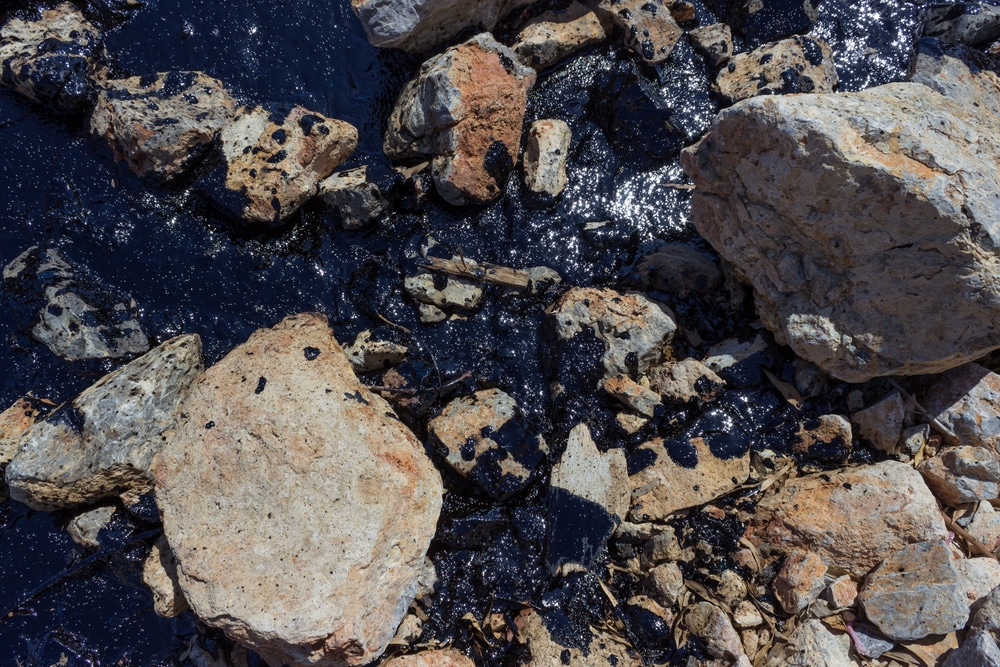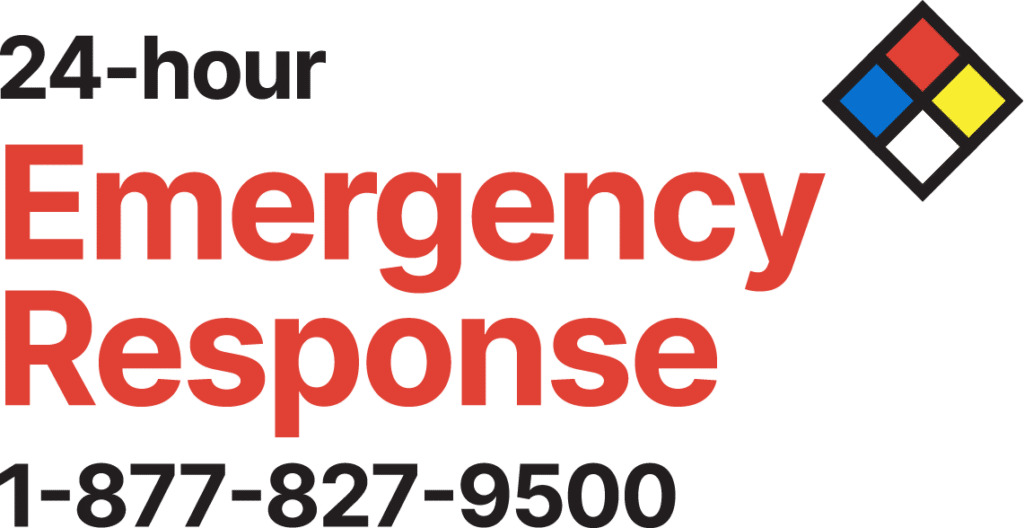As a U.S. Coast Guard classified Oil Spill Removal Organization (OSRO), Environmental Works, Inc. has the experts needed to remove hazardous and non-hazardous materials from a multitude of sites. But what is the role of an OSRO? Read on to find out about this unique qualification.
What Is the Role of an OSRO?
What Is an OSRO?
To qualify as an Oil Spill Removal Organization, or OSRO, organizations must have the equipment, experience, and expertise to respond effectively to an oil spill incident. OSROs often contract with organizations that handle oil, including those working with tank and non-tank vessels and those in coastal areas. OSROs may assist these organizations with emergency response; however, OSROs like EWI can also aid facilities in creating their own spill response plans before an emergency strikes. OSROs offer a unique combination of equipment, trained personnel, and other resources to serve oil facilities in a variety of scenarios, including with ongoing Coast Guard compliance.
History of Oil Spill Removal Organizations
In 1990, Section 311(j) of the Federal Water Pollution Control Act (FWPCA) was amended by the Oil Pollution Act of 1990 (33 U.S.C. 2701-2761) to require the “preparation and submission of response plans by the owners or operators of certain oil-handling facilities and for all vessels defined as ‘tank and non-tank vessels.” These response plans are understandably complex. To assist these facilities in preparing these plans, the United States Coast Guard created the Oil Spill Removal Organization (OSRO) classification program. This classification is meant to help organizations identify service providers for ongoing oil-handling support and emergency response.
What Is the Role of an OSRO?
You may think that Oil Spill Removal Organizations only have one job: to remove oil in an emergency situation. However, OSROs like EWI offer several key services in addition to emergency spill response and recovery:
- Hazardous product transfer
- Chemical spill response
- Natural disaster recovery
- Truck and railroad incidents
- Pipeline and storage tank leaks
- Aerial imaging (photo and video) of hard-to-reach incident areas with drone support
As an OSRO classified by the U.S. Coast Guard, EWI has the expertise to handle emergency spills. We also offer ongoing support to help organizations develop the required spill response plans. If your organization is located in the central United States within the range of our emergency response map, we can help.
Our Services
Since 1992, EWI’s Emergency Response team has responded to a wide variety of environmental emergencies across the central states – from minor diesel fuel tank spills to thousands of gallons of hazardous materials. We’re an Oil Spill Removal Organization (OSRO) as classified by the U.S. Coast Guard, so rest assured that we have the experts needed to remove hazardous and non-hazardous materials from a multitude of sites, including spills into the marine ecosystem. Our emergency spill response teams are experienced in oil boom deployment and trained in the proper design of boom containments.
We’re on call 24 hours a day, 365 days a year, and can respond at a moment’s notice, no matter the situation. When we arrive, we promise to quickly assess the incident and provide a complete response to reduce the environmental impact of the release.
_____
If you have a need and are located in the central states within the range of our emergency response map, we can help. Call our emergency hotline at 877-827-9500 for fast and reliable help immediately.




